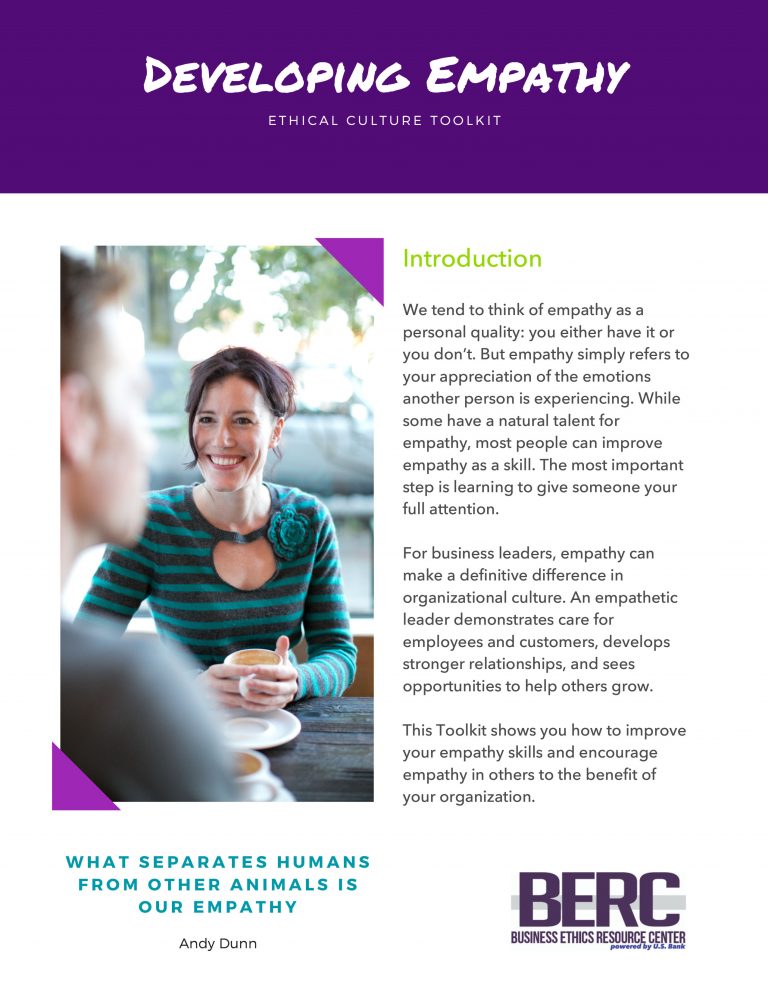By Marcella de la Torre Special to the Star Tribune DECEMBER 6, 2020 — 2:00PM
Q: Why is it important to invest in visioning and strategy to help manage change?
A: Change is very difficult. It is frightening and at the same time unsettling. When there is a lack of vision and strategy, change is even harder to manage. For example, some employees reject the change altogether and rebel by leaving or undermining the change vocally. Others go into survival mode and spend their energy on unnecessary negativity. Others more quietly shut down, do the bare minimum and either weather the storm or find a new job over time. Meanwhile, the work of the organization goes on, but the collective memory remains, and the damage goes untreated.
Unlike the outdated top-down process for change that emanated from the Industrial Revolution 100 years ago, we know that participative change works. Better decisions are made and more buy-in occurs, even when the decisions are difficult.
Engaging employees in the change yields the best results. For example, I have worked with numerous leaders and teams who have reorganized their departments. In this process, my colleagues and I found that engaging employees in the process always works best.
Some change methods we have used to engage employees in the change making process are dialogical in nature. These methods are employee centric and harness the collective wisdom of employees to create better decisionmaking, buy-in and innovation. One specific example is Appreciative Inquiry.
In this process, employees focus on four phases: (1) Discover — Appreciating “Valuing the Best of What Is,” (2) Dream — Envisioning “What Might Be,” (3) Design — Dialoguing “What Will Be” and (4) Destiny — Envisioning “What Will Be.”
Appreciative Inquiry helps spur learning and feedback loops for executives through an open flow of dialogue. Other forms of participatory and dialogical processes are open strategic planning sessions, focus groups, in-depth interviews with stakeholders and representatives of the employee groups.
All these methods yield best results if employees have been properly trained and given the tools to participate efficiently and effectively.
Marcella de la Torre teaches courses at the University of St. Thomas Opus College of Business.
This article originally appeared in the Star Tribune. Used by kind permission of the Star Tribune.


